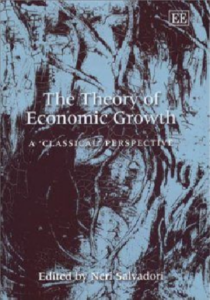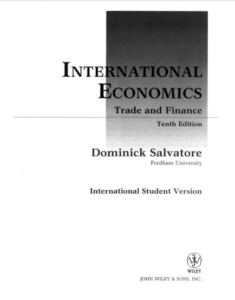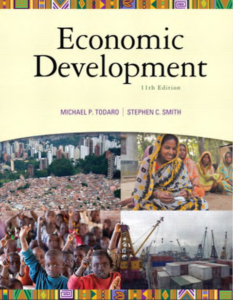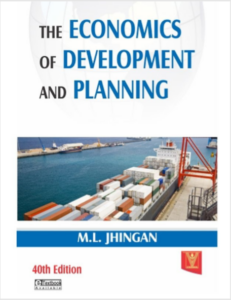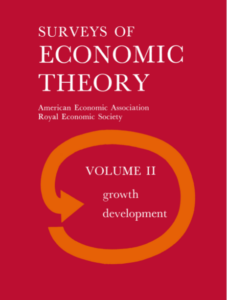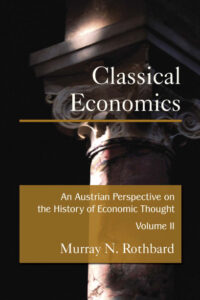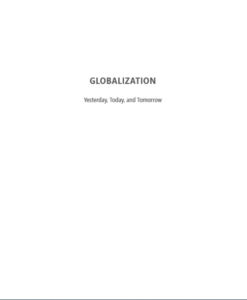Islamic Finance: Law, Economics, and Practice By Mahmoud A. El Gamal PDF Free Download

This book offers a comprehensive exploration of Islamic finance, addressing its legal framework, economic principles, and practical applications. The author, Mahmoud A. El Gamal, presents a detailed examination of the Islamic financial system, emphasizing its adherence to Sharia law and its distinction from conventional financial systems.
El Gamal delves into the foundational principles of Islamic finance, such as the prohibition of interest (riba), the emphasis on risk-sharing, and the ethical dimensions of financial transactions. These principles are rooted in Islamic teachings and aim to promote economic justice and social welfare. By contrasting Islamic finance with conventional finance, the author highlights the unique features that characterize Islamic financial instruments, such as profit-sharing (mudarabah) and joint venture contracts (musyarakah).
The book also investigates the economic implications of Islamic finance, assessing its potential to stimulate economic growth and development, especially in Muslim-majority countries. El Gamal discusses the challenges and opportunities facing the industry, including regulatory frameworks, market expansion, and the integration of Islamic finance into the global financial system.
Additionally, the author provides an analysis of various Islamic financial products, examining how they operate in practice and their suitability for different economic contexts. The case studies and real-world examples included in the book serve to illustrate the practical applications of Islamic finance in diverse settings.
Overall, this work serves as a vital resource for scholars, practitioners, and policymakers interested in understanding the dynamics of Islamic finance. It bridges the gap between theory and practice, offering insights into how Islamic finance can contribute to a more equitable and sustainable economic system. Through its thorough approach and engaging writing style, the book invites readers to reflect on the significance of finance in shaping economic behavior and societal values.
